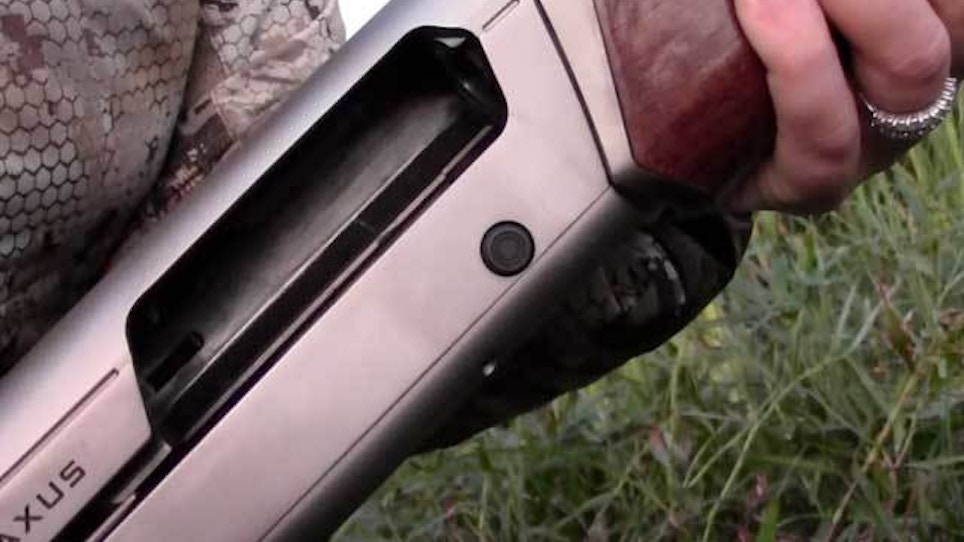By LAURA PETERS | The News Leader
STAUNTON, Va. (AP) — Randy Leach makes a high soaring sounded whistle, emulating a hawk's cry.
The northern bobwhite scatter to the corners of the structure where they are kept before release.
In their second year, Jim Pile, along with Leach, have been raising quail. Decades ago, Cobble Hill Farm, right in the heart of Staunton, saw numerous bobwhites, Pile said.
Then, they just disappeared.
"I think the question everyone has about quail has been why did they leave and what can we do to get them back," Pile said.
Seven years ago at the farm, they planted warm season grass that attracts quail, rather than cool season grass.
"It's excellent habitat for quail," Pile said.
So, what Pile had the idea to do was jumpstart the quail population process by taking it into his own hands.
Purchasing quail eggs two years ago, his first batch was killed due to the power outage of the 2012 derecho. With another batch, Pile released 35 mature quail in the fall last year. He said he's still seeing some of them, and he knows people who've heard the famous bobwhite call (he's got poor hearing himself).
He releases quail every time they get about 16 to 18 weeks old, when they reach maturity.
This time around, he will be releasing them in Swoope, but in the past he's released them about a mile away from the farm. Currently he has about 120 bobwhites and will release about 80 this week.
When release time comes, they pack up the quail and bring them to a third of an acre of land and fence them in to keep predators out. The quail can actually leave the area and come back to roost, like chickens, Pile said.
Since Pile has been raising chickens on the Cobble Hill Farm, he's used his knowledge doing that and applied it to the quail. He said they are similar in mannerism, what they eat, how they act and how they are hatched.
On a broader scale, Mark Puckett, small game project leader for the Virginia Department of Game and Inland Fisheries, said the state's bobwhite population is still decreasing.
One problem with pen-raised quail, Puckett said, is that they don't learn imprinting skills and have a hard time adapting in the wild. The released quail hatch eggs and those new quail won't have enough of a chance to live in the wild due to lack of experienced parents, Puckett said.
Pile said he's already seen somewhat of a pattern with his quail. One batch escaped from its shelter but returned to it a couple days after to roost. To have the quail survive, the key is to have a safe place for them to go, Pile said.
According to a National Bobwhite Conservation Initiative 2011 report, bobwhites have been declining 3 percent on average since 1966.
What Pile thinks has caused the disappearance could be a change in how pastures are grazed, like how cows used to be brought to mountains to graze and now do so in the Valley. Quail like disturbed ground, which is found where more cereal grains are produced.
Hunting and more predators like feral cats, hawks, foxes and coyotes could have decreased the population, Pile said.
Following World War II, grazing lands throughout the east were converted from native, clump-grass forages to aggressive, sod-forming, exotic forages on pastures that then provided poor quail habitat, the NBCI report said.
But the good thing about bobwhites, both Pickett and Pile said, is they are extremely easy to take care of and raise.
Pile said he bought about 200 eggs for a total of $75. And feeding them isn't too expensive, 100 birds will consume about 100 pounds of feed in 16 weeks before they are released.
Pile likes to call his quail operation a "double whammy." In the winter, the structures house chickens. Then when the chickens graze, he puts new quail in the structures.
But, overall, it's the small things that matter to Pile, like a bobwhite call.
"I would have to say my favorite part probably is having people tell me they've heard the quail or seen the quail," Pile said. "It doesn't get any better than that."
———
Information from: The News Leader, www.newsleader.com






